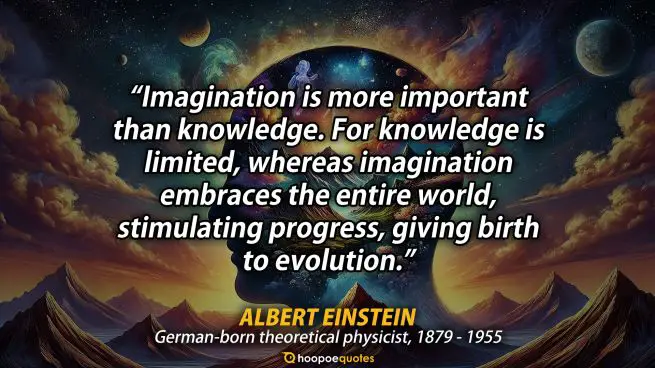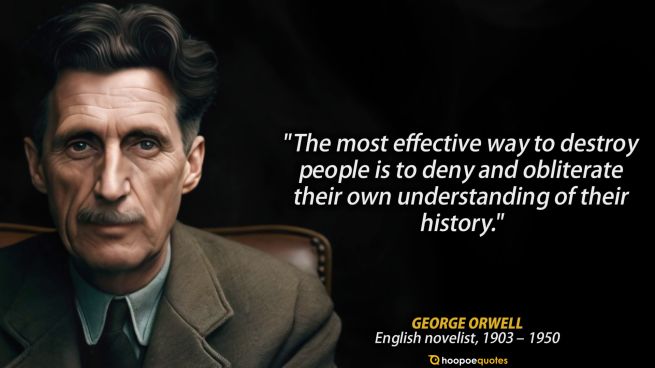Disclosure: This post may contain affiliate links, meaning we get a commission if you decide to make a purchase through our links, at no cost to you.
The Difference Between Knowing and Understanding
Alright, buckle up folks. Let’s start with a bang: Any idiot can regurgitate facts, but it takes a special kind of genius to actually get what the hell they mean. Enter Albert Einstein, the wild-haired wizard of relativity, who gifted us with a quote that slaps you in the face with its truth: "Any fool can know. The point is to understand." This gem of wisdom highlights a crucial distinction that’s more relevant than ever in our information-overloaded world. Today, we're diving headfirst into this quote to decipher its significance and figure out how to turn knowing into genuine understanding.
Decoding the Quote: Knowledge vs. Understanding
Einstein’s quote is a punchy reminder that simply knowing stuff isn’t enough. It’s like having all the ingredients for a cake but no clue how to bake. Knowledge is just the collection of facts and information, while understanding is the ability to connect those dots and see the bigger picture. It’s the difference between memorizing a textbook and being able to apply those concepts in real-life situations. When Einstein talks about understanding, he’s pushing us to move beyond rote learning and into the realm of critical thinking and insight.

Historical Context
Einstein wasn’t just pulling this idea out of thin air. His entire career was about challenging established knowledge and seeking deeper truths. From the theory of relativity to quantum mechanics, he constantly sought to understand the underlying principles of the universe.
Philosophical Principles
Philosophers like Socrates and Plato also distinguished between mere opinion and true knowledge. Understanding, in their view, involved deep contemplation and the ability to grasp the essence of things, not just their superficial properties.
Psychological Perspective
Psychologically, understanding something deeply is tied to higher-order thinking skills. It’s about synthesis and evaluation, not just memorization. Cognitive psychology emphasizes that understanding improves retention and application of knowledge.
Societal Impact
In society, the difference between knowing and understanding can mean the difference between success and failure. In education, careers, and even personal relationships, those who understand are the ones who innovate, solve problems, and drive progress.

Understanding in Today’s World
In today's digital age, where information is a click away, the real challenge is sifting through the noise and making sense of it all. From fake news to data overload, our ability to understand has never been more critical. Take social media, for example. Everyone has access to the same news stories, but understanding the context, bias, and implications of those stories requires a deeper level of thinking. This quote is a call to action: don't just scroll and share; think, analyze, and understand.
Making Sense of Our Own Lives
Here’s my two cents: we've all been that fool who thinks they know it all, only to realize we’ve barely scratched the surface. Understanding demands humility and effort. It’s about asking questions, seeking clarity, and not settling for easy answers. Next time you’re faced with a complex problem, don’t just Google the solution. Take the time to understand why it works. This approach can transform your learning, your work, and even your relationships. So, how do you incorporate this? Start by challenging yourself to explain concepts in your own words, and never stop questioning.

Embrace the Quest for Understanding
In wrapping up, let’s remember that Einstein’s brilliance wasn’t in knowing everything, but in understanding deeply. His quote pushes us to move beyond the surface and strive for true comprehension. So, next time you're tempted to parrot some factoid, ask yourself: Do I really understand this? The world doesn’t need more know-it-alls; it needs more understand-it-alls. Take this wisdom to heart and watch how it changes your approach to learning and life.
References and Further Reading: Dive Deeper
Books:
- "Einstein: His Life and Universe" by Walter Isaacson
- "Thinking, Fast and Slow" by Daniel Kahneman
Quotes from Other Thinkers:
- “The only true wisdom is in knowing you know nothing.” - Socrates
- “To know, is to know that you know nothing. That is the meaning of true knowledge.” - Confucius
Activities:
- Reflective journaling on a topic you thought you knew well.
- Group discussions or debates to deepen understanding of complex issues.
Remember, the goal is not just to fill your brain with facts but to light it up with understanding.











![[50+ Images] Birthday Wishes for Someone Special in Your Life Quotes](/media/k2/items/cache/b1dbe5e313fb0e0a26b2b36062a36d3a_M.jpg)

